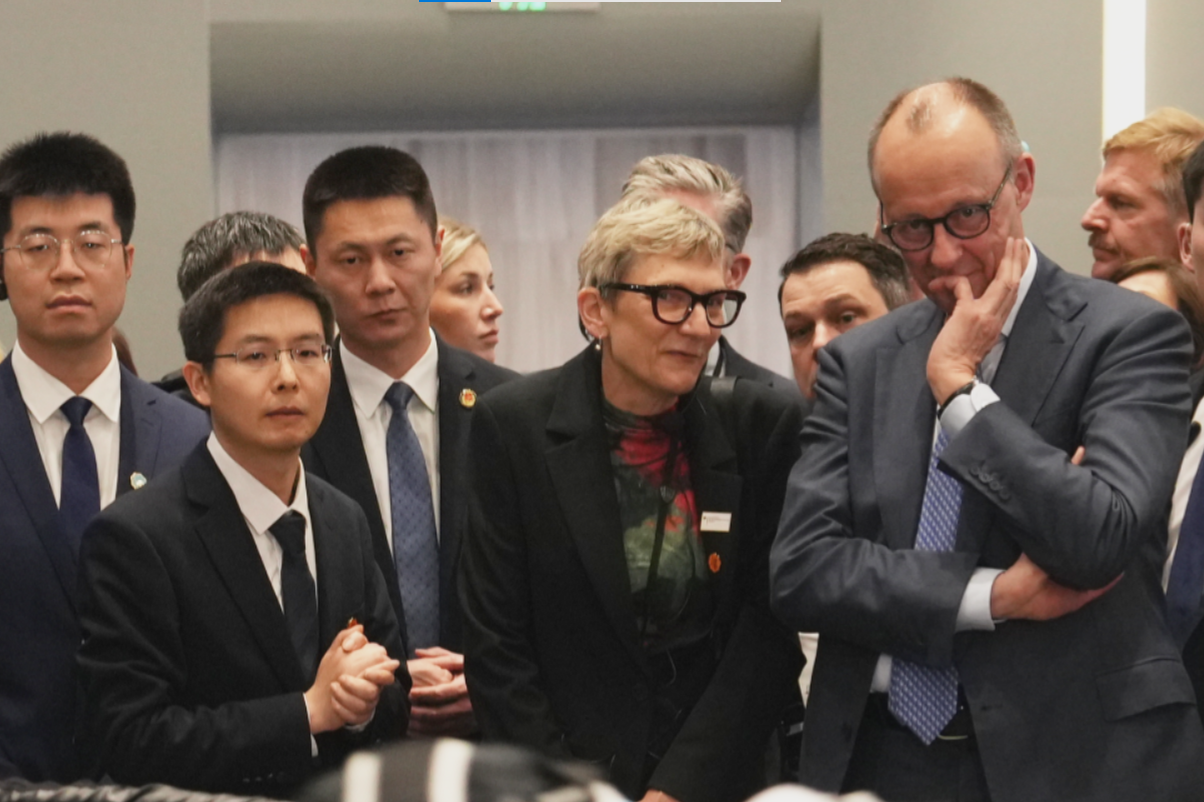
The new semester has been in process for over a month now, the children are back in familiar. But online courses are not ready to take its departure - they have become a lot of children's daily extracurricular life. This year many parents have experienced with their children "online classes", more and more children are stationing in online live rooms.
In this regard, Zhang Zhimin, vice president of the China Education Association, believes that the need for online teaching is becoming more and more prominent. It can give students more choices, and pay attention to each student, thus enrich educational resources. However, at the same time, more users, even online education practitioners still believe that the integration of online and offline education is the mainstream of the future.
We found in the survey that during this summer vacation, 20% of parents choose all-online training, 47% of parents arrange a mixture of online and offline courses, 33% of parents choose all-offline training. This set of data is consistent with a number of well-known online education institutions backstage data, an online education business leader also lamented: parents of this generation know better than parents in the past.
Behind the expansion is a strong boost from the capital. A number of new institutions are entering the field of online education attempting to get a piece of cake in this wave of rapid development. From January to July this year, more than 30,000 online-education enterprises were registered in China, including more than 1,400 in Zhejiang Province, accounting for 5% of the country's total. From March to April this year, the number of registrations of online education-related enterprises in Zhejiang Province showed explosive growth. In April 255 enterprises registered in Zhejiang Province with a month-on-month increase rate of 43.3%, and in July the number of enterprises registered even reached 291.
In regard to financing rounds, the enterprises of Zhejiang Province's online-education are mostly in the process of angel investment or seed round, the number is up to 93, followed by 63 enterprises with financing round in the Pre-A to A+, and there are 10 enterprises go public in New OTC(Over the Counter) Market. However, there seems to be a "three-high" trend: high evaluation, high marketing fees, high losses. Statistics provided by the media even show that about 70% of companies in the online education industry are in the awkward position of losing money for years.
Even if online education is in such a situation, it is still a hot spot for the capital to chase. Does it mean that offline teaching institutions are losing out? Qian Pengfei, a partner at Geometric Capital, has said that small-scale influence does not mean that offline institutions have no distance left to run. In the eyes of these institutions, as the outbreak of epidemic has largely been subdued, parents still prefer offline training courses because "it’s okay to let their children attend classes online for a short time, but in the long run it will result in the lack real educational pleasure for children."
Many online organizations are actually transformed from an offline base, or in some cases, online operations are just part of their business. Most large online educational institutions are reluctant to give up offline completely; moreover, some parents seem to be observing online education from a distance. The outbreak has deepened the awareness and reliance of students and parents on digital tools, yet what many parents and children felt most deeply is that online education lacks the kind of teaching atmosphere that is taught offline.
Online and offline education complement each other will give more students the resources and space to learn. Perhaps this unexpected wave of online education is not only a battle of traffic and public praise but also a node of transformation in the education industry.
"The impact of online education on the educational landscape is not about capital but parents, and that's the real foundation" But objecting to this view, a senior practitioner in the field of education believes that the complexity of education makes families' pursuit of online and offline inconsistent. He believes that the educational landscape itself will not be changed, "we can only say that the change is in the market trend, perhaps this is a more appropriate expression."
(Edited by Ye Ke)




